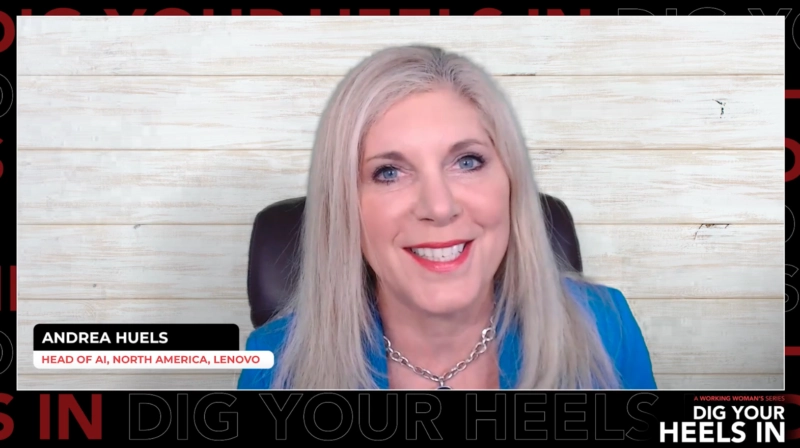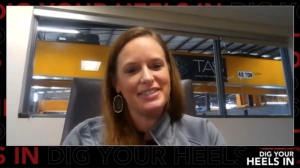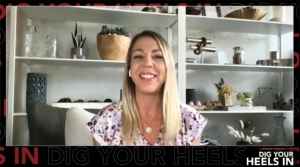Dig Your Heels In: A Working Woman’s Series with Allison Grealis
There are a number of industries that have historically had a disproportionate amount of male or female workers. Women dominate education and healthcare while more men have worked in construction and the manufacturing industry. To meet this difference, Allison Grealis, President and Founder of the Women in Manufacturing Association (WiM), combines her 22 years of experience in the trade association space to sit down with host Shannon Maverick to discuss what it’s like to be a woman in such a male-dominated space and the future for women in the industry.
The national trade association founded by Grealis is focused on supporting, promoting, and inspiring women in the manufacturing sector. Over the past decade, female participation in manufacturing has grown 3%, up to 30%. While manufacturing is still a male-dominated industry, this growth continues to inspire for the future of women in the industry.
Grealis acknowledged that while only 1 in 4 manufacturing leaders are women, according to the US Census Bureau, her organization is set to change that.
With over 12,000 members and 30 chapters throughout the United States, WiM is opening doors for women in manufacturing and encouraging them to explore the industry, whether through school, referrals, or apprenticeship opportunities.
The industry is only set to expand. It is estimated that there will be a 2.8 million worker shortage in the industry by 2028 and Grealis said, “There’s lots of opportunities for women to apply their talent and their expertise,” while the industry continues to improve its recruitment process.
The Women in Manufacturing Association aims to help, “Our goal is for women not to feel alone, not to feel isolated,” stated Grealis. The association does this by connecting women to resources, peers, and sponsors. In doing so, Grealis said, “We’ve seen more mobility and advancement,” in manufacturing positions, especially in leadership positions which fights the preconceived notion that women can’t be hands-on within the industry.
Maverick noted Grealis’ own experience in a male-dominated industry must have had its challenges, “How did you navigate your own path through this male-dominated industry?”
Grealis answered with one of the most important lessons she learned early on: that it was pertinent to be open to a “different learning curve,” and to “not be afraid to ask for help.”
Tune in to the series for more stories on women in the workplace and to learn more about WiM, visit https://www.womeninmanufacturing.org/.









